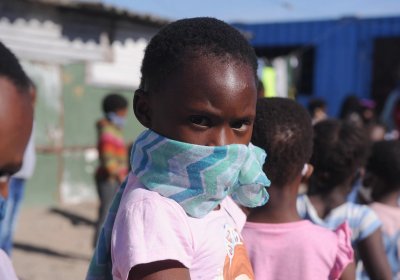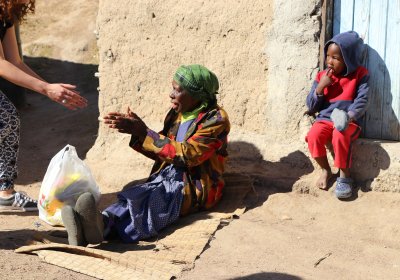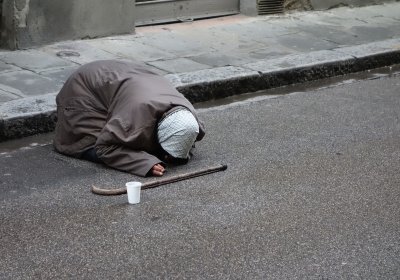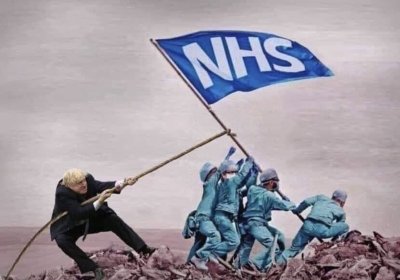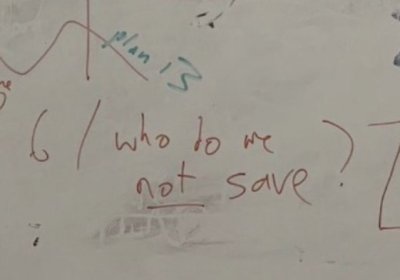The pandemic has provided cover for a direct assault on exhausted and demoralised health professionals in Britain, writes Bob Gill.
Neoliberalism and neoliberal capitalism
Time of Pandemics didn’t start out as a film about COVID-19, but only months into the project, the global pandemic began, writes Susan Price.
Africa ought to be the richest continent on Earth. Its natural resources alone make this a fact, and yet it remains oppressed and prey to exploitation. William Briggs explains why.
Asia’s billionaires have increased their wealth by 74% while 148 million others in the region have been pushed into poverty since the start of the COVID-19 pandemic, writes S Arutchelvan.
Ecuadorian President Guillermo Lasso's neoliberal economic policies and proposals are facing determined opposition from diverse social sectors, Harvey Goldberg reports.
Australia’s richest person, Gina Rinehart, warns that unless the federal government restrains its pandemic spending, the country will end up like Sri Lanka. Michael Cooke and Lionel Bopage argue that this is neoliberal nonsense.
The National Disability Insurance Scheme purports to support a better life for hundreds of thousands of people with disabilities, their families and carers. Graham Matthews, Steve Warren, Terry Townsend and Lisa Macdonald argue for a needs-driven scheme.
Boris Johnson's government is intent on delivering the National Health Service to global private health providers and private health insurance conglomerates — unless it is stopped, writes Bob Gill.
Despite dumping on his former boss Boris Johnson, Dominic Cummings has played his own role in the hollowing out Britain's democracy, writes Simon Hannah.
Health workers went on strike and protests were held at the opening of the G20's Global Health Summit in Rome, reports Peoples Dispatch.
The leaders of nine opposition parties have joined forces to demand Brazilian president Jair Bolsonaro’s impeachment, reports Yanis Iqbal.
Neoliberal ideology has reduced tertiary education to a commodity. Students have become “customers” and academics and lecturers are now “service providers”, writes Markela Panegyres.
- Previous page
- Page 2
- Next page

